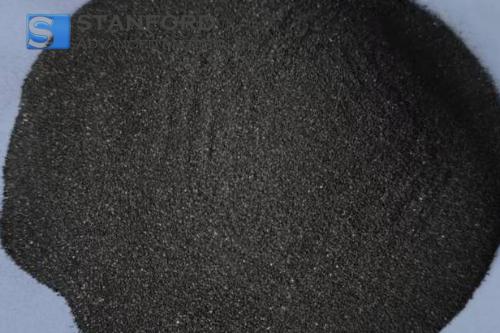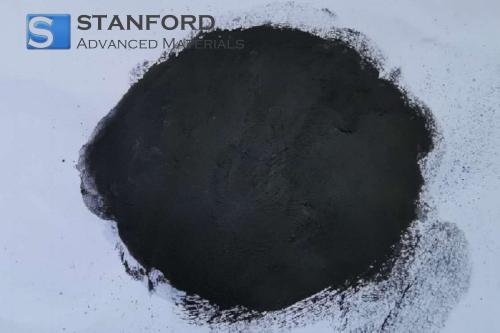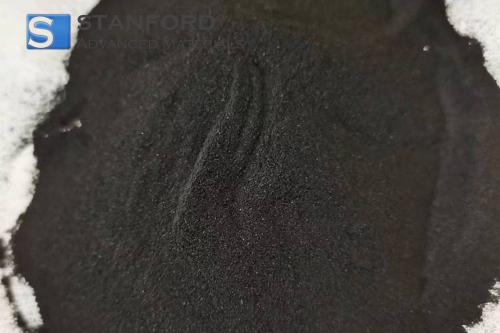6 Top Benefits Of Hyaluronic Acid With Examples And Cases
Description
Hyaluronic acid is a naturally occurring compound in the human body. It plays a necessary role in retaining moisture and maintaining overall health. It is used in skin care products, medical treatments and joint therapies. In this blog, six key advantages of hyaluronic acid are presented with practice data.
Improves Skin Health
Hyaluronic acid is recognised for its ability to improve skin health. It functions as a moisture-retaining agent; consequently, it binds water to skin cells. This capacity is utilised in moisturiser creams, serums and other skin care products. By binding water in the skin, it aids in moisture retention and reduces the appearance of fine lines and wrinkles.
In addition, hyaluronic acid contributes to enhancing skin elasticity and firmness. Products that incorporate this compound are used in facial treatments to achieve an even skin texture and a more uniform complexion. Many dermatologists recommend cream applications and injections containing hyaluronic acid for patients addressing signs of ageing and for maintaining a hydrated complexion.
Assists in Wound Healing
Hyaluronic acid plays an important role in wound healing. It participates in tissue repair and regeneration by promoting cell migration and proliferation at the injury site. Studies have demonstrated that application of hyaluronic acid on wounds accelerates the healing process, reduces inflammation and improves the quality of scar tissue.
For instance, its use in the treatment of burns has been documented. In burn treatment, hyaluronic acid contributes to faster healing by providing essential moisture and supporting tissue regeneration. It is also incorporated into medical dressings for surgical wounds, thereby shortening healing time and reducing scar formation.
Reduces Joint Discomfort
Hyaluronic acid is a natural component of synovial fluid, which lubricates joints and facilitates smooth movement. With increasing age, the concentration of hyaluronic acid in the body decreases, thereby leading to joint discomfort and stiffness. Hyaluronic acid injections are administered to patients with osteoarthritis and other joint disorders by replenishing the synovial fluid.
A documented case involves patients with knee osteoarthritis. Research indicates that injections into the knee joint reduce pain, improve mobility and enhance overall quality of life. These injections work by restoring lubrication, reducing inflammation and supporting joint function.
Assists in Managing Acid Reflux
Hyaluronic acid may also be used in the treatment of acid reflux, a condition in which stomach acid irritates the oesophagus. The compound helps form a protective layer over the stomach lining, thereby reducing the impact of acid and facilitating the healing process. Research has found that oral intake of hyaluronic acid can alleviate symptoms associated with acid reflux.
Individuals experiencing chronic acid reflux may benefit from hyaluronic acid supplements, as these formulations soothe the oesophagus and promote mucosal repair.
Relieves the Symptoms of Dry Eyes
Hyaluronic acid is used to treat symptoms related to dry eyes. Such symptoms arise when tear production is insufficient or when tears evaporate rapidly. The water-binding property of hyaluronic acid moisturises the eyes and reduces irritation.
Patients with dry eyes may experience improvement by using eye drops containing hyaluronic acid. These drops assist in maintaining eye moisture, reducing dryness and providing measurable comfort. Studies have demonstrated that eye drops based on hyaluronic acid effectively relieve dry eye symptoms, particularly in individuals with age-related changes or those who wear contact lenses.
Read more: Therapeutic Uses of Hyaluronic Acid
Supports Bone Health
Hyaluronic acid is not only beneficial for the skin and joints but also contributes to bone health. It is present in cartilage that surrounds joints and provides cushioning and support. Additionally, hyaluronic acid may help maintain bone marrow function and assist in bone tissue regeneration. Some studies suggest that hyaluronic acid supports bone density and may help in the prevention of bone-related conditions such as osteoporosis.
Research has demonstrated that hyaluronic acid supplements aid in the regeneration of bone cells, increase bone strength and reduce the risk of fractures. This makes the compound a subject of interest for individuals with bone conditions.
|
Benefit |
Case Study |
Explanation |
|
Improves Skin Health |
Anti-ageing creams with hyaluronic acid |
Enhances moisture retention, elasticity and reduces the appearance of wrinkles |
|
Assists in Wound Healing |
Treatment of burns with hyaluronic acid-based ointments |
Accelerates healing and reduces scar formation |
|
Reduces Joint Discomfort |
Treatment of knee osteoarthritis with hyaluronic acid injections |
Provides lubrication and reduces joint pain |
|
Assists in Managing Acid Reflux |
Dietary supplements for acid reflux alleviation |
Protects the oesophagus and promotes mucosal repair |
|
Relieves the Symptoms of Dry Eyes |
Hyaluronic acid eye drops |
Reduces eye irritation and dryness |
|
Supports Bone Health |
Hyaluronic acid supplementation for bone regeneration |
Increases bone density and supports joint function |
Further applications and related products can be found at Stanford Advanced Materials (SAM).
Frequently Asked Questions
What role does hyaluronic acid play in skin care?
Hyaluronic acid helps retain moisture in the skin, thereby improving hydration and elasticity while reducing the appearance of wrinkles and fine lines.
Can hyaluronic acid help with arthritis?
Yes, hyaluronic acid injections are used in the treatment of osteoarthritis, particularly in the knee joints, as they lubricate the joints and mitigate pain and stiffness.
Is hyaluronic acid safe for people with acid reflux?
Yes, hyaluronic acid may be beneficial for individuals with acid reflux as it contributes to protecting the oesophagus and supports the repair of irritated tissue.
How does hyaluronic acid work in the treatment of dry eyes?
Hyaluronic acid eye drops help moisturise the eyes, reduce dryness and irritation, thereby enhancing comfort.
Does hyaluronic acid support bone health?
Hyaluronic acid supports bone health by promoting the regeneration of bone cells, maintaining cartilage and increasing bone density, thereby offering benefits for individuals with bone disorders.

 Bars
Bars
 Beads & Spheres
Beads & Spheres
 Bolts & Nuts
Bolts & Nuts
 Crucibles
Crucibles
 Discs
Discs
 Fibers & Fabrics
Fibers & Fabrics
 Films
Films
 Flake
Flake
 Foams
Foams
 Foil
Foil
 Granules
Granules
 Honeycombs
Honeycombs
 Ink
Ink
 Laminate
Laminate
 Lumps
Lumps
 Meshes
Meshes
 Metallised Film
Metallised Film
 Plate
Plate
 Powders
Powders
 Rod
Rod
 Sheets
Sheets
 Single Crystals
Single Crystals
 Sputtering Target
Sputtering Target
 Tubes
Tubes
 Washer
Washer
 Wires
Wires
 Converters & Calculators
Converters & Calculators
 Write for Us
Write for Us





 Chin Trento
Chin Trento


